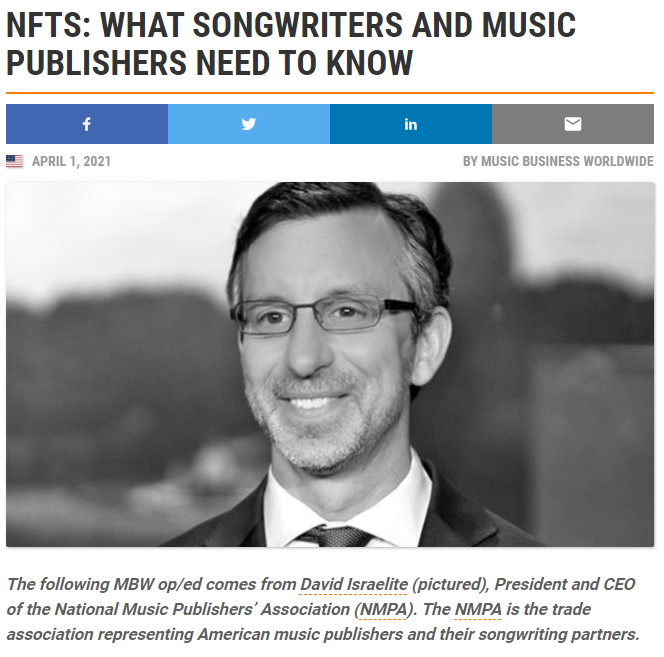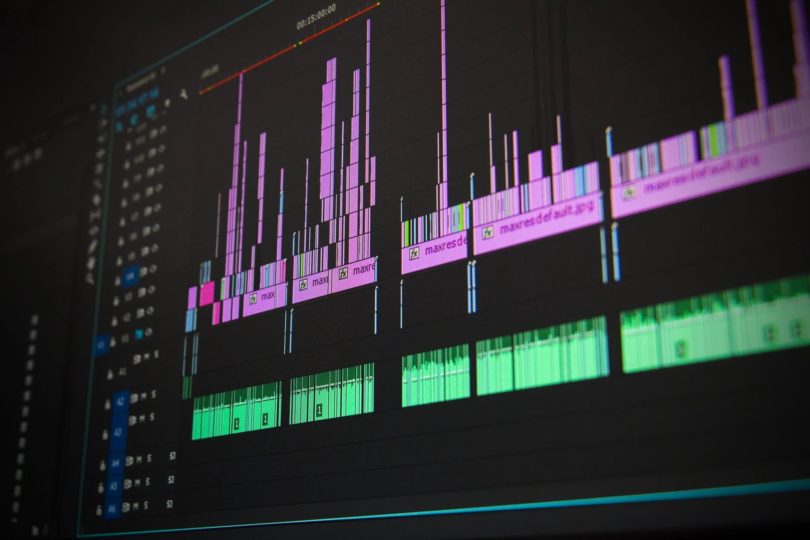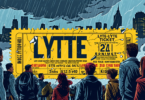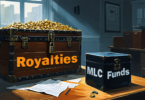
Non-Fungible Tokens (NFTs) continue to make headlines, but many haven’t quite wrapped their heads around what they mean for different elements of the music industry.
What started primarily as a way of selling exclusive digital art has morphed into a larger conversation about just what can be sold, be it exclusive access, rights to early album releases or editions, or even the underlying copyrights themselves. This development has massive implications for fans – many of them seemingly good – however every music creator should know what this could mean for them.
An NFT is a relatively simple idea: a unit of data, or a unique non-duplicatable code, that gives buyers an opportunity to own a specific digital asset verifiable through blockchain and buyable through several cryptocurrency platforms with terms outlined in a “smart contract”.
Due to the nature of this space, it has thus far largely been limited to high-end speculators and those with capital to invest, however the future of NFTs could develop a democratized environment where everyone can have a piece of the digital pie.
Forbes recently noted the innovation of NFTs, saying the “technology brings an important change to the digital art market: Before now, it was hard—nearly impossible—to authenticate online work as original, greatly reducing its value. But the tokens’ unique code make it possible to prove provenance, and with the ownership problem fixed, people are plunging into the space, buying up various types of virtual media.”
This is where the legal implications of something seemingly novel becomes relatively simple. What does it mean for a songwriter or music publisher if an artist sells a piece of work to which they contributed?
A helpful analogy to an NFT is a limited edition vinyl print. Think of a signed physical copy of a vintage album. The purchaser now owns a unique item that is theirs’ forever. Since this is simply one iteration of an item, the songwriter behind the songs on that album would receive the mechanical rate dictated by the courts.
An example would be if the Beatles released 100 vinyl album copies, signed and numbered 1-100, while they might fetch an astronomical price from collectors, the co-writers on the album would receive the statutory mechanical rate under Section 115 of the Copyright Act.
If the NFT involves audiovisual media – or music with video – a synchronization or “sync” license is implicated. The same would be true if lyrics are involved. As those in this business know, sync and lyric rights are determined through the free market, so both parties must agree on pricing, unlike the mechanical rates that are set by the courts.
“THERE IS UNCHARTED AND LUCRATIVE POTENTIAL WHEN NEGOTIATIONS FOR NFTS GO BEYOND A UNIQUE COPY OF A WORK FOR PERSONAL ENJOYMENT AND INTO COMMERCIAL USE.”
There is uncharted and lucrative potential when negotiations for NFTs go beyond a unique copy of a work for personal enjoyment and into commercial use. Depending on what’s being sold, deals could include upfront payouts or a percentage of all income down the road.
Consider if an artist wanted to sell their master rights. The new owner would then hold the same obligation of any master rights owner in which they would license, collect and distribute money owed where applicable to copyright owners. Selling musical work copyrights, or percentages of them, would require administration of future licensing deals, something the casual buyer would have to recognize.
Violations of terms and responsibilities certainly would have legal ramifications just as all contracts are enforced.
The recent boom in catalog sales offers a metaphor. A buyer purchasing the rights to a set of songs will negotiate with that copyright owner over how those songs can be exploited and the structure of those deals are virtually limitless.
Just like every new application of a copyright holder’s music, this area creates ample opportunity for expansion and revenue. While negotiating terms in a new environment is complex and at times risky, we’ve faced this many times in the music industry and one should look to history to predict the potential of the future and to avoid the pitfalls of the past.
Do not let your contributions to this new marketplace be undervalued as you examine new deals.
NFTs offer creators a pioneering venue to sell their creations, which is exciting and in some ways overdue, considering how digital all marketplaces have become. The appetite investors have shown for offerings from Kings of Leon, 3LAU and Steve Aoki illustrate that more and more artists will jump into this space.
“SONGWRITERS AND COPYRIGHT OWNERS SHOULD BE VIGILANT ABOUT NFT SALES THAT IMPLICATE THEIR WORK AND OF COURSE OUR ROLE IS TO ENSURE THAT WHEN IMPLICATED, CREATORS ARE FULLY PAID AND HAVE THE NEGOTIATING POWER THEY DESERVE.”
While NFTs seem novel, and the verification and purchasing technology are certainly interesting, the issues are relatively straightforward.
Songwriters and copyright owners should be vigilant about NFT sales that implicate their work and of course our role is to ensure that when implicated, creators are fully paid and have the negotiating power they deserve.
Visual artists, record labels and musicians are already working out splits when exclusive recording sales include cover or other art, and songwriters should understand that in many instances they could be part of that equation – to what degree depends on what rights are being utilized or even licensed for future use.
There are many questionable aspects to NFTs that the market hasn’t fully grappled with – their environmental impact, challenges with storage and distributions of cryptoassets, how to manage or track unlicensed duplication and the parameters of potential secondary markets.
However, ultimately, what the boom in catalog sales and the musical NFT frontier all point to is the fact that songs have immense and growing value, and NFTs are only the latest in what will be an increasingly varied landscape when it comes to exploiting music.
SOURCE: NMPA







